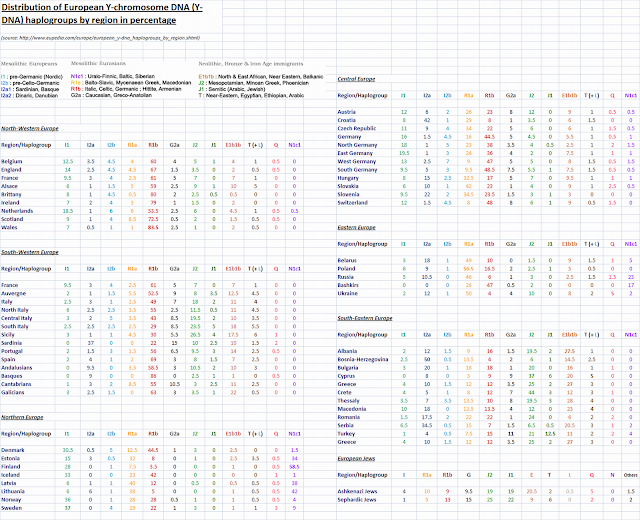Max Weber argued in The Protestant Ethic and the Spirit of Capitalism that adherence to this rebellious doctrine was largely the cause of Northern Europe's roaring economic success from the 17th century on.
Perhaps. But where did this rebel belief come from? Who thought it up? Why did it gain such large favor in some places, just a bit in others, and still elsewhere none at all? And why did it take on so many different faces?
Furthermore, what of the Catholicism that birthed it? Who thought of that? And the religion it sprang from? And the one before that?
One theory is that our religions just fall on us out of the sky, like so many droppings from extraterrestrial spaceships. We take no part in creating them, or shaping them, or rejecting or accepting them. They arrive by conquest at sword-point, or else they just drift in like pollen on the breeze, floating into our ears and infecting our souls. No choice at all, conscious or not.
Were someone to take up the contrary position--that we humans have a very great deal to do with what sky-friends we ascribe to--he might want to start his evidence hunting by looking at some maps.
Let's help him out.
He might begin with a map of Europe's religions:
Following Weber, he might be curious to see if the 'Protestant = wealth-producing' paradigm holds up well, or if other factors could be at work:
He then may be interested in Emmanuel Todd, the French anthropologist who has painstakingly catalogued the traditional family-formation and inheritance practices of Europe:
The endlessly fascinating World Values Survey could give him some clues about how different peoples' cultural values correlate to their religious ones, or not:
Were he a genetics buff, he could take a look into Europe's rapidly unfolding Y-DNA haplogroup structure:
If such a map piqued his interest, he might even be tempted to see a more detailed breakdown of these groups, courtesy of Eupedia's indefatiguable Maciamo:
Alongside a good-quality historical atlas showing the various conquests and empires having spread their reach over these places throughout time, he may just come up with something interesting. An answer, maybe, to that eternal question: Why do we believe what we believe, and how we believe it? Is it fate, is it force, just blind coincidence, or ... ?
Buy the sky, and sell the sky, and lift your arms up to the sky,
and ask the sky, and ask the sky, ....
. . .







No comments:
Post a Comment